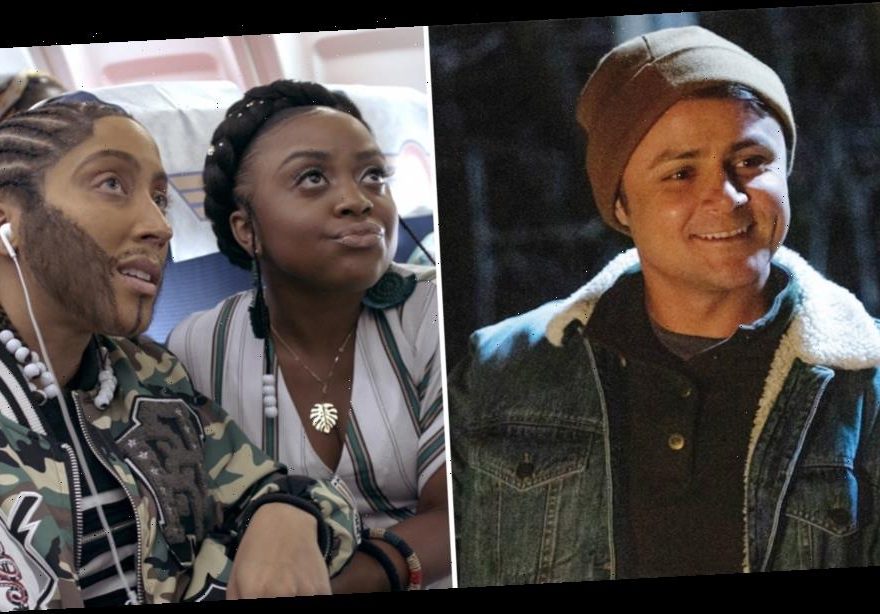When Robin Thede was in the process of writing “A Black Lady Sketch Show,” she already had a bad feeling about the state of the world. “I had a literal fever dream about the end of the world and the women living in it,” she recalls. “I came into the writers’ room the next day and said, ‘Here’s my idea for the interstitials.’”
That idea morphed into the connecting segments on the HBO sketch comedy, in which four women are in a house together when an apocalyptic event occurs. It’s a recurring narrative Thede wanted to drop in on while also giving a spotlight to talented black women “showing we don’t always have to play the neck-rolling best friend or the loud woman in the grocery store. We can play a murderous woman running for city council, aliens, dudes, lawyers, zombies.”
Thede didn’t know when she was writing the show or even when it premiered in August, how topical and important this would become due to the COVID-19 pandemic. The question of when to comment directly on a current event versus when to lean into universal themes that still speak to the state of larger truths is one comedians have always had to ask themselves. The answer is proving to be show-specific.
“When you’re making comedy in general, you always want something that is timeless,” says Iliza Shlesinger, who launched “The Iliza Shlesinger Sketch Show” on Netflix in April in the midst of the pandemic lockdown. “Hyper-specific things are great when you’re doing a weekly show. But on Netflix, you want people to be finding it for months even after you made it.”
While “Saturday Night Live” airs weekly and earned raves for its “SNL at Home” episodes filmed under quarantine, most sketch comedy is written and shot months before airing. Shlesinger’s
characters included a wide variety of offbeat personalities, such as the “Husband Wife,” a hyper-masculine woman who resembles one of her husband’s bros, but not political ones.
“A great way to being evergreen is just by being so weird, because weirdness never goes out of style,” she says.
Arturo Castro, who launched “Alternatino” on Comedy Central in June 2019, says sketch comedy is really about “making people laugh while trying to comment on the human experience.” He, too, wanted to stay away from commentary on specific social-media posts or events because there could be “issues with it feeling dated” by the time it made it to air.
But the show, which is largely based on Castro’s experiences as a Latinx millennial, still had plenty of material to mine. “We tried to cover concepts that would be relevant to us as long as possible,” he says. “I’m still as confused about translating, dating and architecture as I’ve ever been.”
Also on Comedy Central, Derek Waters’ “Drunk History” has been going strong for six seasons by digging into the past, but also finding new takes on the material.
“The premise can’t change, but how we tell the stories has to feel fresh, to keep audiences interested,” Waters notes. “We’ve focused on making episodes that only tell one or two stories. We get to tell more and I can have more fun with the narrators.”
The biggest responsibility sketch shows may have is to be escapist for the audience.
“Obviously, watch the news and stay informed,” Waters says, “but it’s always important to laugh, so I think entertainment is crucial right now.”
Source: Read Full Article
